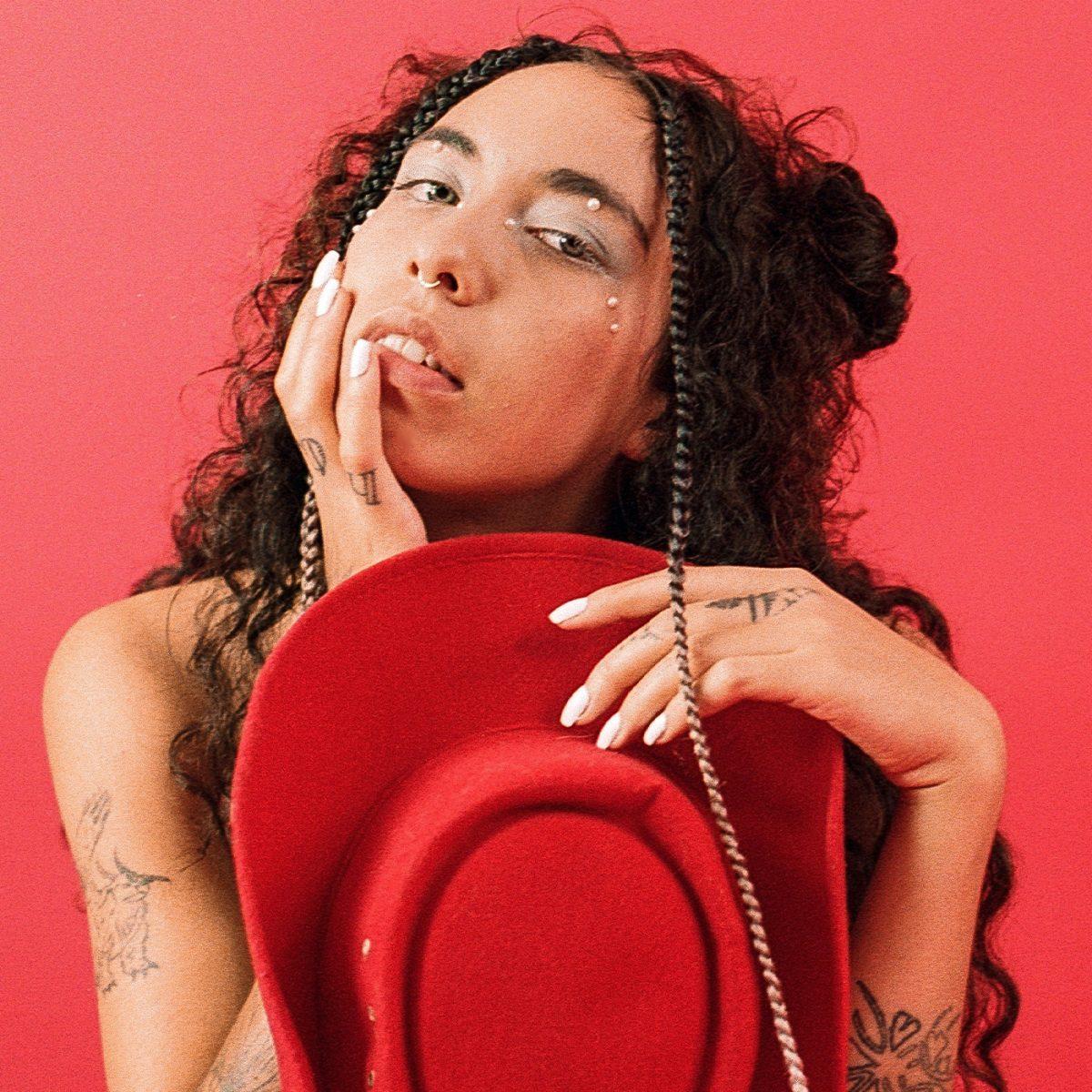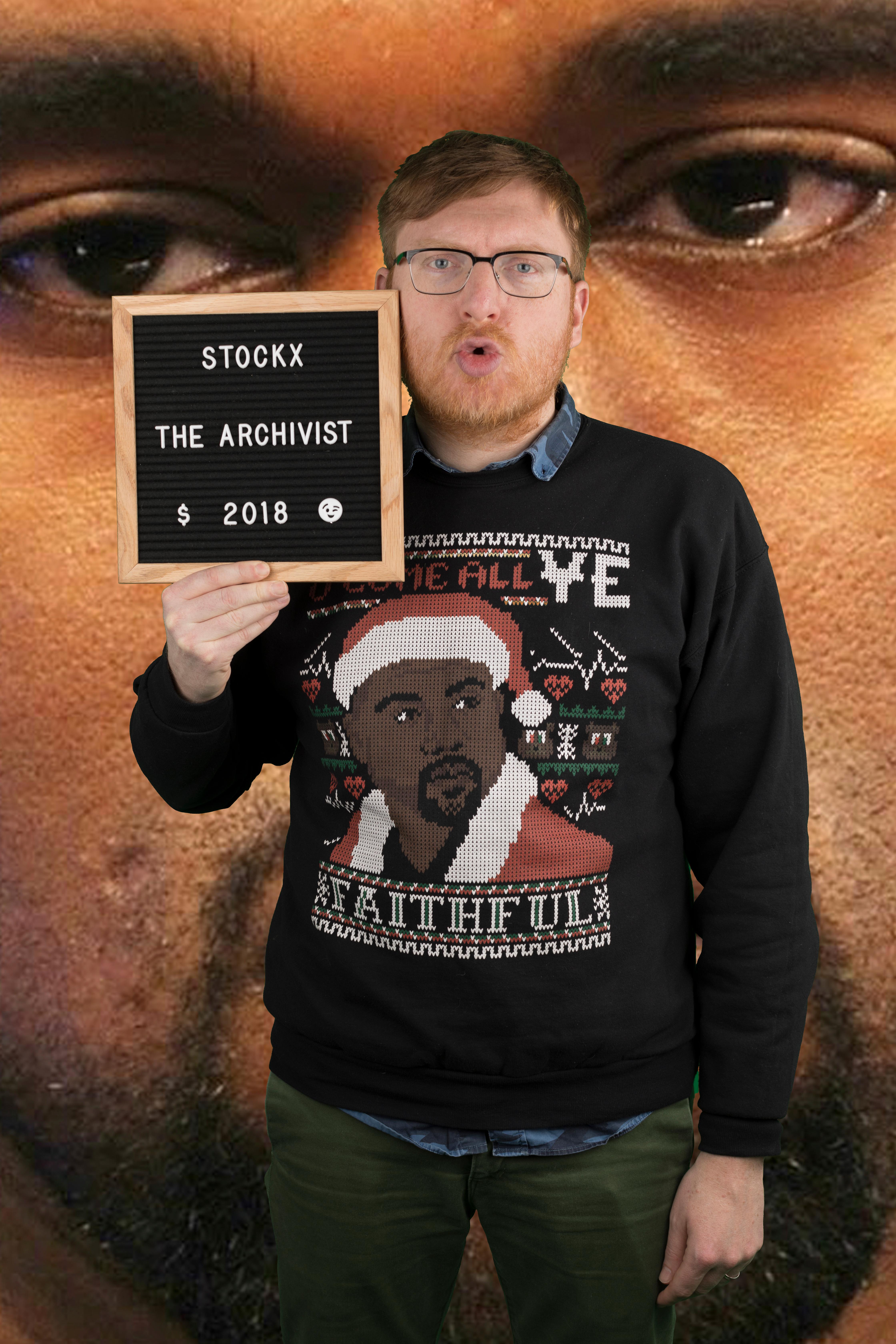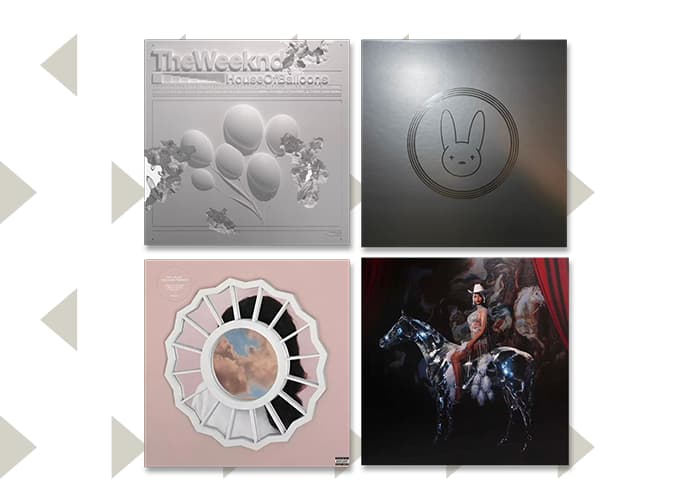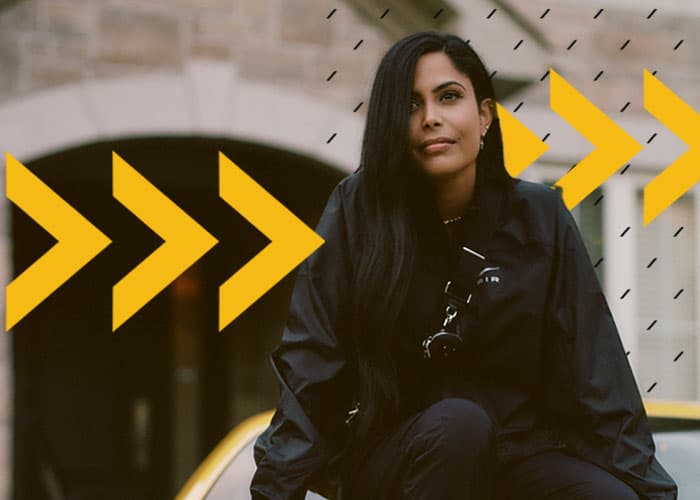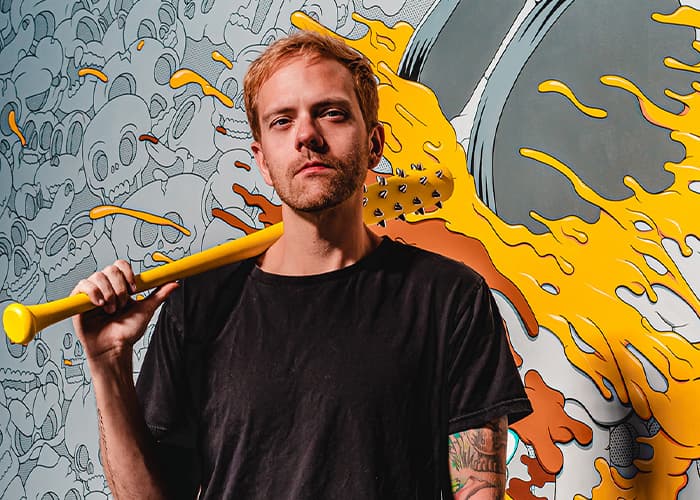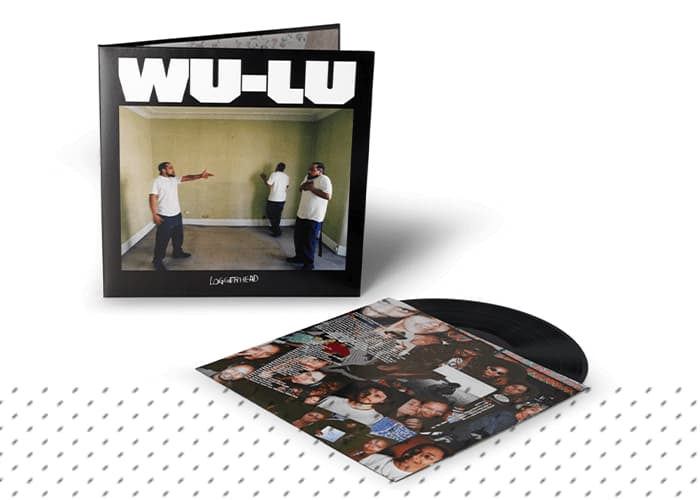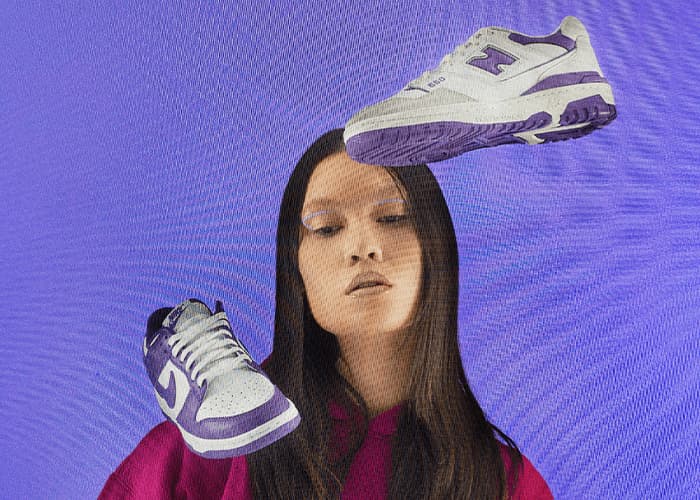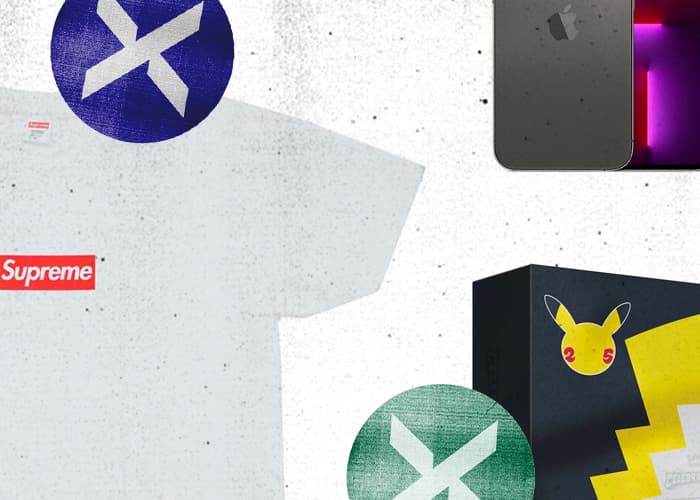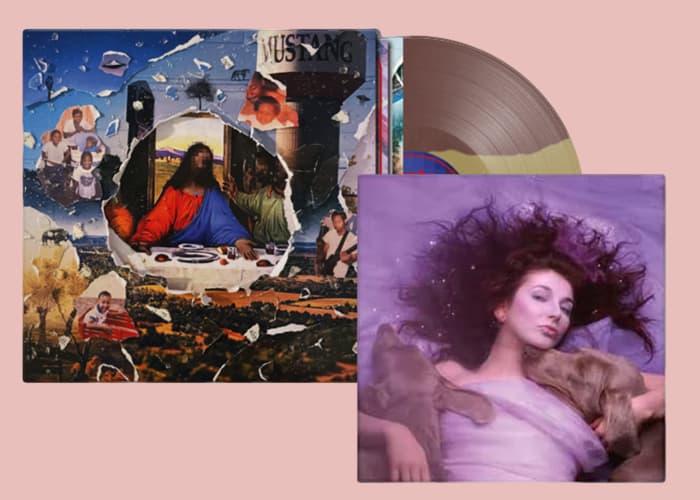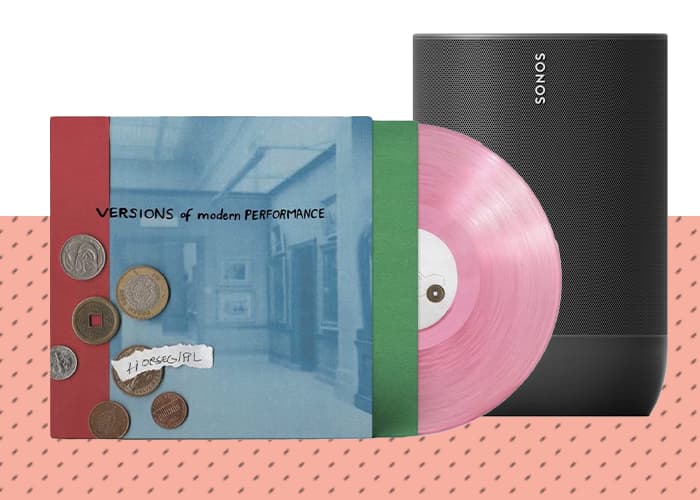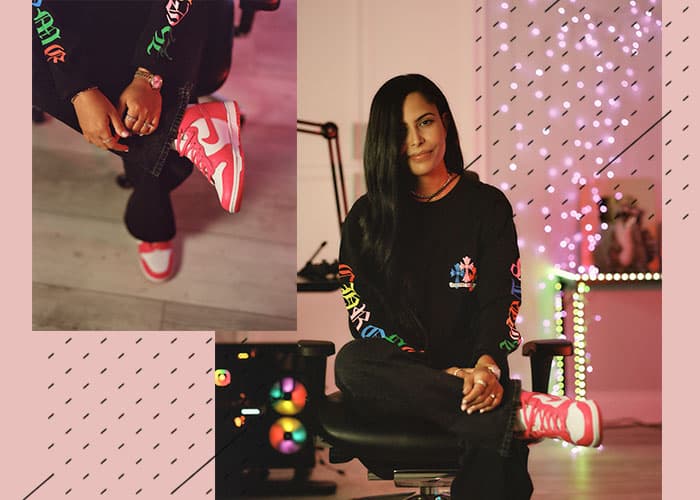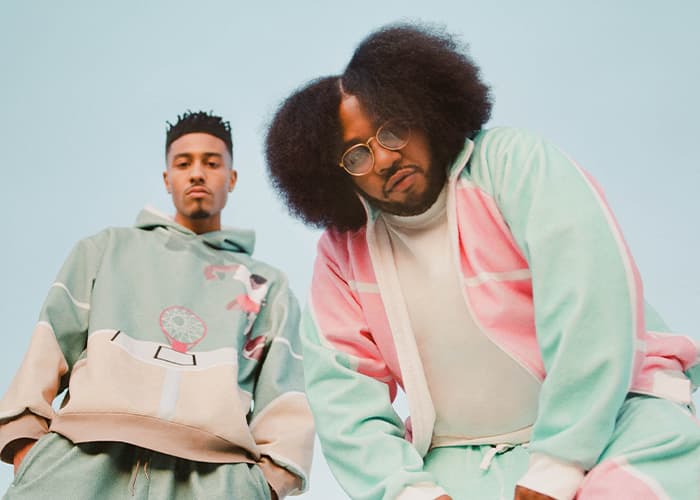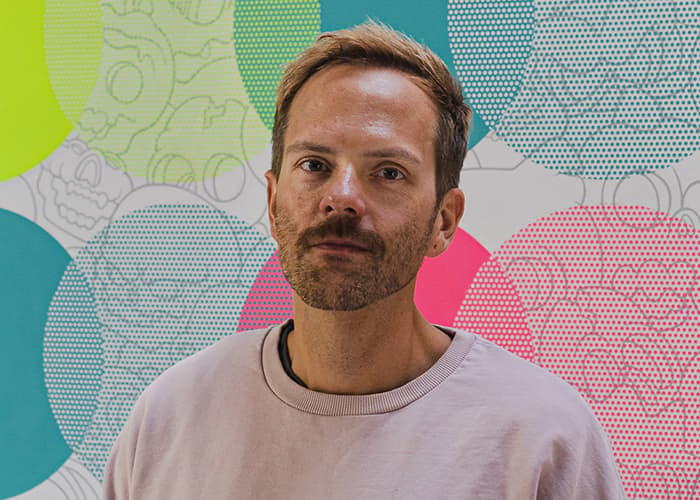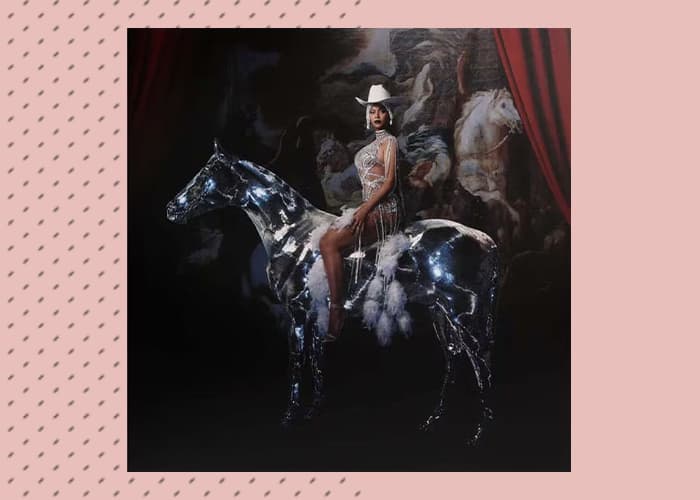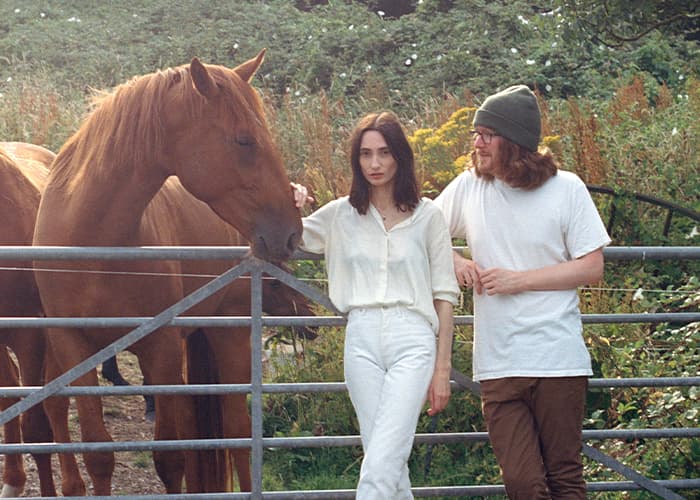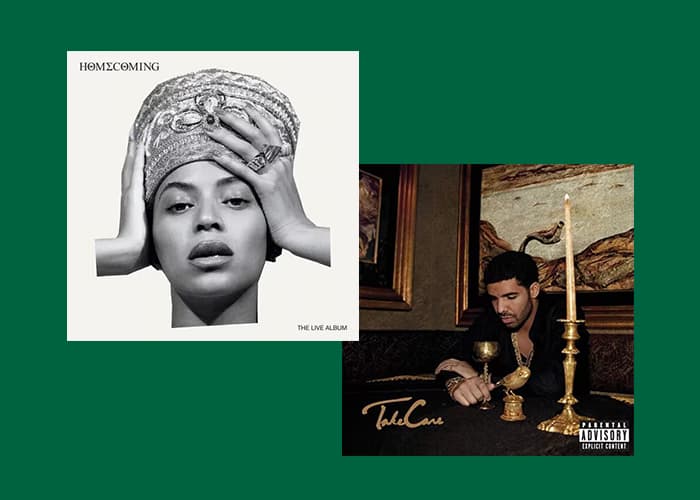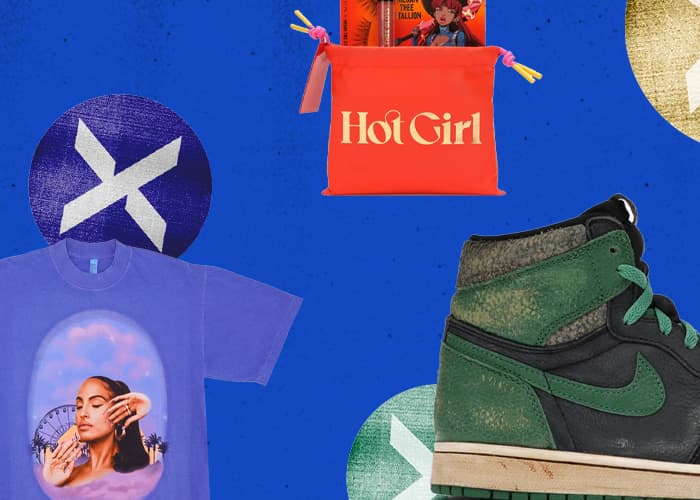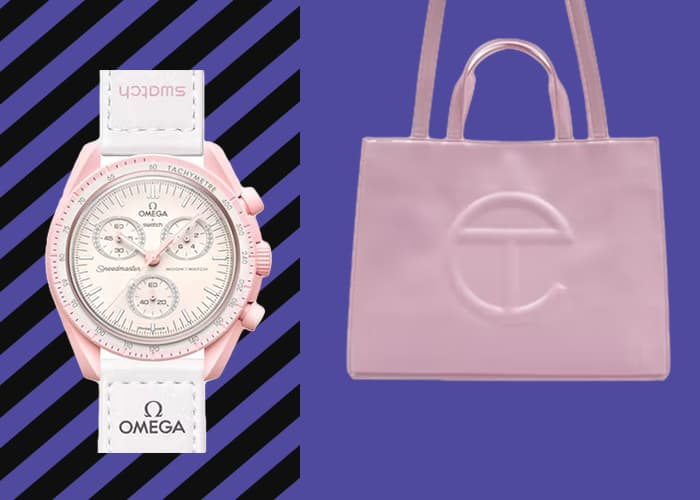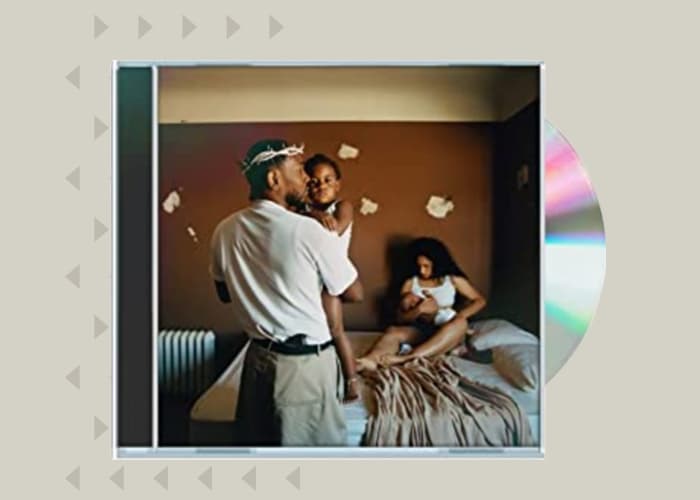With her recently released sophomore album, Any Shape You Take, Indigo De Souza is poised for stardom and a share of the spotlight with other burgeoning powerhouse women in indie music like Lucy Dacus, Phoebe Bridgers, and Snail Mail. Unafraid to be vulnerable and raw, De Souza’s music is a dizzying ride between wild-eyed joy and crushing despair powered by her incredible voice. But’s there’s nothing solipsistic in her art. Yes, she’s singing for herself, but it’s also a song of invitation to sing with her. In addition to recently dropping an almost perfect Frank Ocean cover, she’s currently plotting an expanded 2022 tour supporting her album.
What are some of your influences?
The influences question is always the hardest for me to answer because it’s hard to pinpoint things that have influenced me. Probably because through a lot of my life, I’ve been a flailing human and just attached to many different things, and I’ve been affected by many different things. But one of my biggest musical influences is probably Arthur Russell. He died in 1992, but his music still comes out because he had such an incredible back catalog that they continue to put out albums. The latest one was Iowa Dream. But Arthur Russell is definitely my all-time favorite. I’m the most obsessed with him, and he just kind of flows through a lot of different genres, and it’s very fluid musically. And I think a lot of inspiration for that kind of musical fluidity comes from him.
There are some other bands that have meant a lot to me too, but I feel like mainly I’ve been influenced by my family and my friends – especially those who play music and write music because they’re really talented. I’ve learned a lot about writing from a particular couple of friends that came into my life.
What are some insights into writing and the writing process you could share?
The main thing I learned is to write songs for myself instead of thinking about anyone hearing them. If you’re writing from a space of thinking about someone who will listen to what you’re working on, it’s not completely genuine; it’s not fully based in truth if you’re putting it through the lens of an audience before yourself. I think that’s probably the main thing I’ve learned. I used to write songs when I was younger in a more accessible, cutesy, very organized, classic song structure kind of way because I was trying to make it really easy to process for people listening. And then something shifted, and I realized that I didn’t really care if people liked it or not. I was going to write whatever I was feeling and be very honest with my feelings and thoughts. If other people related to that, then they could enter that space with me. And if they didn’t, then that’s all right.
What’s the most overrated?
Something that I noticed a lot is people being very famous seems overrated. What I’ve seen from the inside of the music industry, and in general with fame, is that it’s pretty much a very painful, sad, and lonely place. From the outside, it looks like such a glamorous lifestyle. And I think it’s something that’s fucked up about our society that we allow that kind of imbalance in power in social ways.
As you’re starting to experience increasing fame, how are you navigating becoming famous?
I don’t know. I’m in this weird space where something’s happening, and I can feel it, but I’m not sure where it will go or what it’s going to mean. So I’m definitely in a strange transitional place. But something that has changed is that I’m incredibly busy in this new way that’s very demanding and emotionally draining. I really enjoy it, but I’m also overwhelmed by it. I guess the way I’ve been approaching it so far is just trying to stay on top of my mental health first. I realized that many people who start this journey without keeping close attention to their mental health could become burnt out pretty quickly. So far, I feel like I’m doing everything right. I have a lot of really great people around me and people that are sensitive to mental health, especially within the industry. And I feel good right now.
What’s the most underrated?
Maybe, just the act of being vulnerable and emotional. It’s kind of taboo, and many people’s relationships are built in such a way that doesn’t allow emotion. I think that lately in the world, people have been allowed to be more emotional. Still, I feel like older generations often don’t understand the surge of emotional mentality that people have now. I think people should be able to be loud in their emotions and process them and take time for them and sit in them for as long as they need to.
What are you most excited about with your new album, Any Shape You Take?
I’m excited for people to hear it and see where it goes and what it means to people. To me, music is just fully engaging with a space of emotion and completely letting go within that space. My music is all about offering a safe space for other people to enter, to do the same – because you get what you give. If you’re nice to someone, they’re going to be nice to you. If you’re dancing nearby someone, they’ll probably feel like it’s okay for them to dance too.
The fact that you’ve lived in a lot of different places gets talked about a lot. How much impact have these places had on your music and art?
I don’t know. Where I live is talked about a lot because Asheville[, North Carolina] is a smaller city, and you don’t read about people from Asheville, musicians from Asheville, that much. So I think that’s part of the reason. And I also feel like it’s important to talk about Asheville because there’s a lot of Asheville that has been highly developed in a way that’s not very good – kind of like Austin, and many other places. So I think it’s important to talk about the authentic art communities still alive in Asheville, in places that are overdeveloped. But I don’t know; space definitely affects my writing, but it also doesn’t at the same time. I could be anywhere and write songs, but I like having a stable home in a stable community. That has been really good for me.


